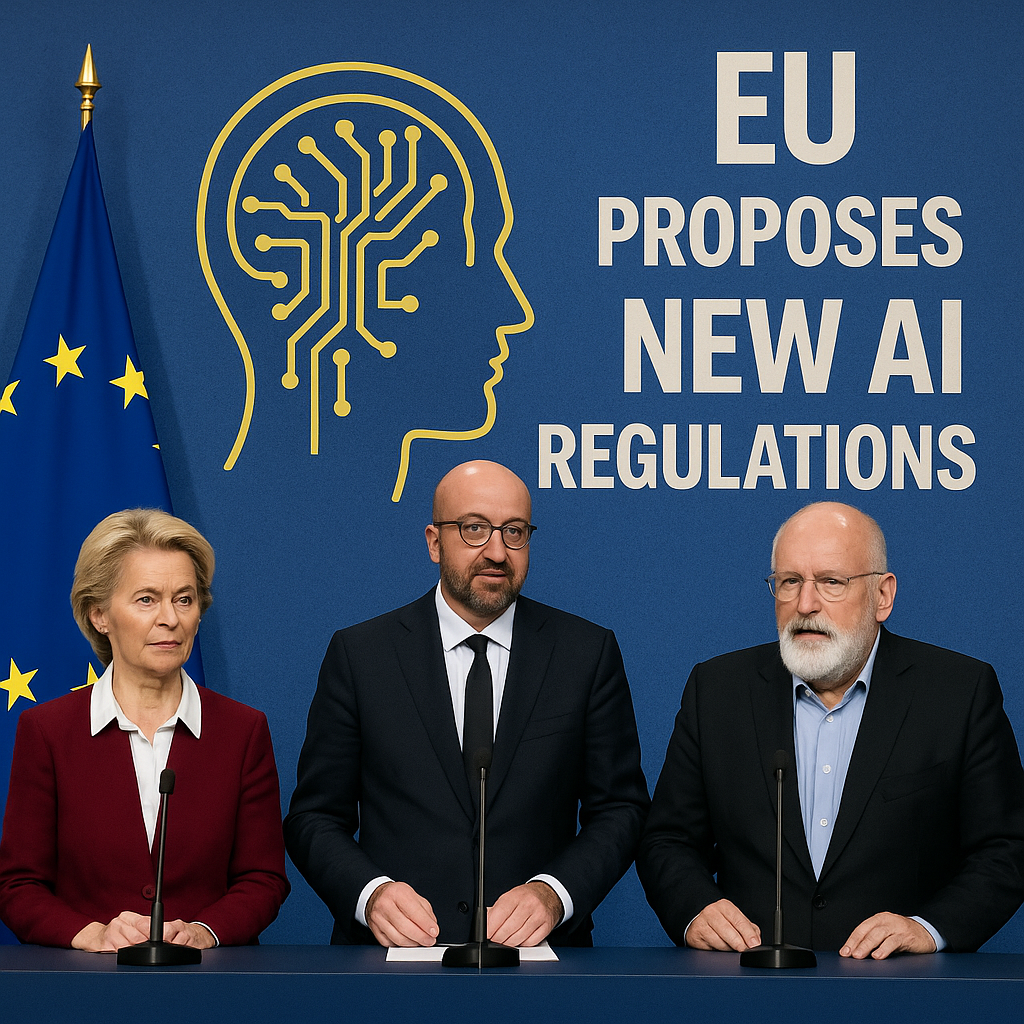
Why it Matters?
The EU AI Act has been designed to harmonize AI rules across the member states, this will prevent fragmented local laws that could hinder innovation and trade. By being able to create one unified standard,the EU hopes to
-Ensure the free flow of AI-driven goods and services across borders,
-Building puublic trust in AI,
-Encouraging repsonsible innovation and
-Protecting health, safety, democracy and fundamental rights.
Industry Response
The rollout has sparked a lot of mixed reaction among major tech giant companies outside Europe.They include namely Google, Microsoft, OpenAI , Amazon and etc.
Key Takeaways
-Creates clear, uniform rules across the EU, this eliminates conflicting national rules.
-Building public Trust by addressing privacy, safety and ethical concerns early.
-Positioning the EU as a global leadr in AI governance, this sets a model for other countries.
-Encouraging ethical AI innovation by providing clear guidelines.
Challenges & Risks
- High compliance costs may cause of a lot of setbacks for startups and companies.
- Europe might be experiencing slower innovation as firms focus on regulation rather than speed to market.
Analyst Insight
In conclusion, the EU AI Act marks a historic step in shaping the future of AI.By setting strict standards early , the EU aims to lead the world in ethical and safe AI development. On the other side of the coin,the systems put in place might also push innovation out of Europe if companies find complaince too restrictive.
The next 12-18 months will be very critical as regulators enforce the first bans, tech giants needs to adjust their strategies, whilst Europe attempts to balance innovation with accountability. How this plays out will determine whether EU becomes a global leader in AI or a slower market constrained by heavy regulation.